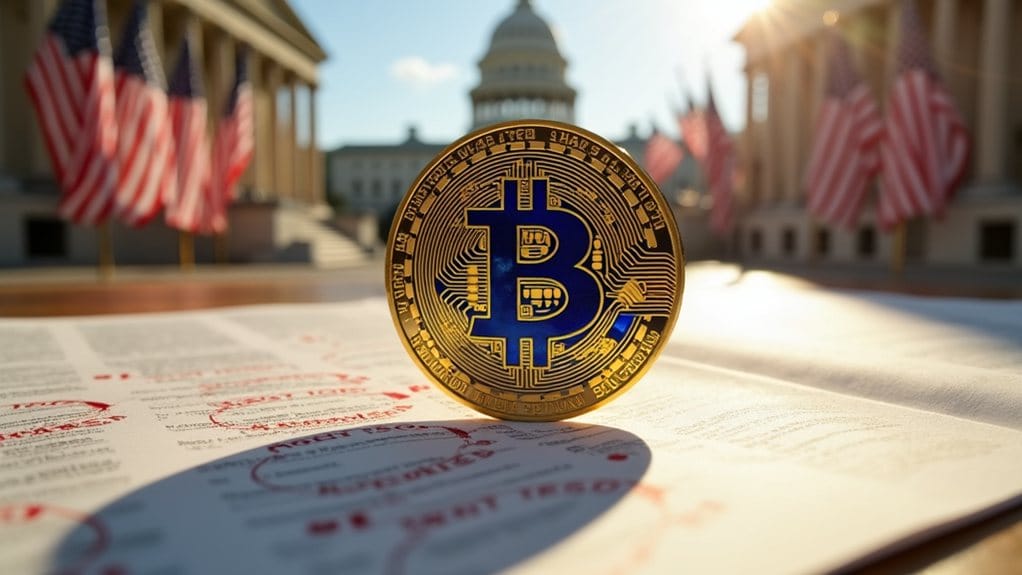While cryptocurrency regulation continues to evolve in complex and often contradictory ways, an important legal precedent has emerged for decentralized finance (DeFi) developers through a recent Second Circuit Court of Appeals ruling. The court determined that DeFi developers cannot be held liable for fraudulent tokens traded on their platforms, effectively distinguishing blockchain-based protocols from traditional financial markets regarding legal responsibility. This decision specifically addressed a lawsuit against Uniswap Labs, where plaintiffs had alleged the platform enabled and profited from scam token trading.
The ruling establishes that DeFi protocols function as neutral technological platforms rather than active participants in transactions. The court compared holding developers responsible for third-party scams to blaming stock exchanges like Nasdaq for fraudulent stock purchases, an analogy that highlights the fundamental difference in how DeFi systems operate. Smart contracts, according to the decision, serve primarily as user agreements rather than securities transactions, placing them outside the traditional framework of federal securities laws. Unlike traditional market hours in CeFi platforms, DeFi systems operate continuously, making them fundamentally different in structure and operation. Judge Katherine Polk Failla’s dismissal of the case with prejudice demonstrates the court’s firm stance that these claims lacked sufficient legal basis.
This legal determination creates a protective barrier for DeFi developers, particularly regarding their exposure to securities law violations. The court found that plaintiffs failed to establish a direct connection between developers and the sale of unregistered securities, a vital element in successfully pursuing such claims. The ruling was originally made after an initial dismissal by the US District Court for the Southern District of New York before being appealed to the Second Circuit. Despite lacking formal precedential value as a Summary Order, the ruling notably influences the ongoing regulatory conversation surrounding cryptocurrency infrastructure.
The decision appears in stark contrast to recent enforcement actions by regulatory bodies like the CFTC, which has pursued DeFi protocols for registration and Anti-Money Laundering violations. This divergence underscores the complex regulatory environment facing cryptocurrency innovators, where existing legal frameworks struggle to accommodate decentralized technologies. The anonymity inherent in many DeFi transactions further complicates regulatory oversight, potentially requiring congressional action to address current legislative gaps.
For DeFi platform developers, this ruling provides valuable breathing room as they navigate the evolving regulatory landscape, while establishing clearer boundaries between technological infrastructure provision and responsibility for user activities.









